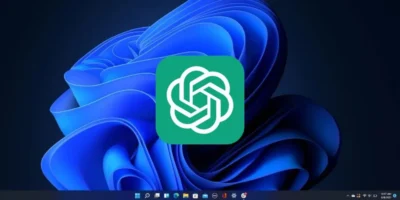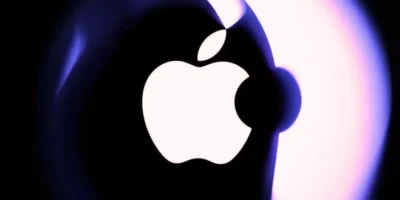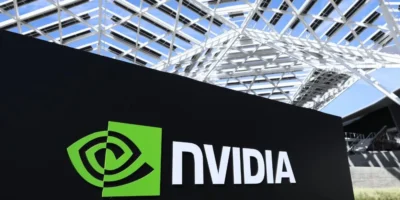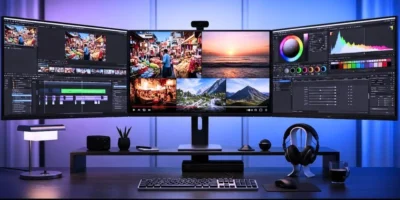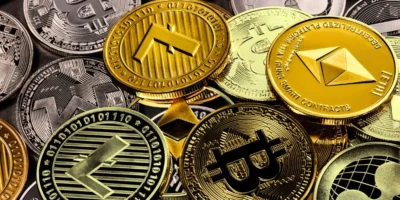The White House has officially joined TikTok, the social media platform President Trump infamously attempted to ban during his first term. This surprising move marks a significant shift in the administration’s approach to the platform, one that was previously viewed as a national security threat. The White House’s first TikTok post is a montage of clips featuring Trump himself, overlaid with music by Kendrick Lamar. This cleverly references a popular meme on the platform, mirroring a similar edit of the boxing movie Creed. The accompanying caption reads, “America, we are BACK! What’s up TikTok?”, suggesting a confident and engaging approach to connecting with younger demographics.
The administration openly credits TikTok with contributing to Trump’s success in the recent 2024 presidential election. White House Press Secretary Karoline Leavitt stated that Trump’s campaign message “dominated TikTok,” boasting over 15 million followers on his campaign account. The new White House account aims to leverage this established presence and expand communication strategies in ways previously unexplored by prior administrations. This strategic shift positions TikTok as a crucial tool for disseminating the administration’s message to a younger, digitally-native audience.
However, this embrace of TikTok stands in stark contrast to Trump’s previous actions. During his first term, he issued an executive order aiming to ban the app entirely, citing concerns about data security and the potential for the Chinese Communist Party to access sensitive American information. The executive order highlighted fears of tracking federal employees, data exploitation for blackmail, and corporate espionage, emphasizing the perceived national security risks posed by TikTok’s parent company, ByteDance.
Despite these earlier pronouncements, the current administration has not only abandoned the ban but actively embraced the platform. While Trump previously alluded to a sale of TikTok’s US operations to a “very wealthy” group, the administration remains tight-lipped about the details of this transaction and the identity of the buyers. This unexpected turn of events leaves several questions unanswered regarding the White House’s evolving stance on national security concerns and its strategic partnership with TikTok.


